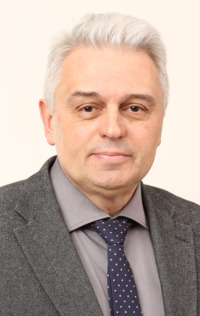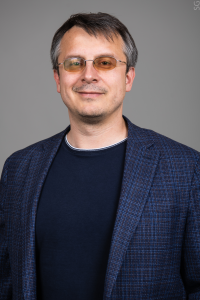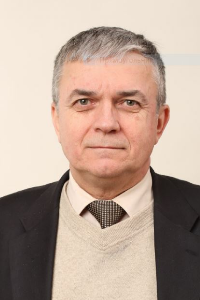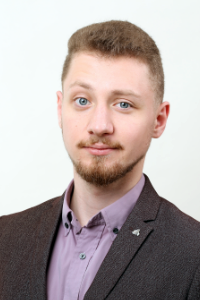Industrial Internet of Things and Predictive Analytics
Internet of Things is a dynamically developing technology with high investment attractiveness that is the foundation for many professions of the future in the fields of energy, retail, healthcare, transportation, construction, and others. The comprehensive Master’s program in computer science and engineering provides training for specialists in several fields, such as embedded systems, software engineering and data analysis. Students participate in solutions development based on AI as well as industrial Internet of Things and learn how to create UGV, digital twins, and analytical data processing systems. Graduates are able to analyze and easily design systems of different functionality that are based on the Internet of Things technologies.




